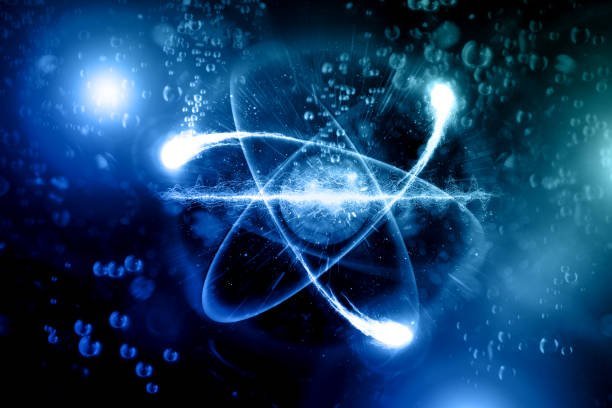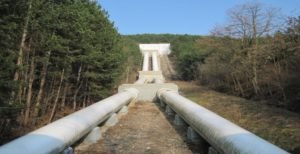Fission refers to the radioactive decay of protons and neutrons within the central nucleus. This process can wield great potential as a source of nuclear energy; however, issues about health, environmental and safety concerns have been raised over the years. Discussed below are some of the merits and demerits of fission.
Pros of fission
Here are its advantages:
1. Source of cheap energy resources. Today nuclear fission is a source of electricity being utilized by several states worldwide, and this is the cheapest energy source compared to other energy sources.
2. Offers low-emission energy solutions. Today the most prominent challenge plaguing humanity is the effects of global warming. Alternative sources of energy release particles and gases responsible for the degradation of air quality; however, nuclear fission does not release carbon particles.
3. Extended periods of working time. Nuclear fission is exceptionally productive compared to wood and coal under well-controlled conditions. This energy source is 8,000 times more efficient than other energy sources.
4. Provides the lowest annual mortality rates for energy resources. According to a report released by Forbes, the annual mortality rate for nuclear fission is lower than other energy sources.
5. Lower operational costs. Once the nuclear plants have been set up, the operational costs are virtually similar to wind and solar energy. Nuclear fission is more effective and cheaper than coal and natural gas.
6. Offers potential for recycling. The most significant advantage of utilizing fission as an energy source is that it can create its fuel while generating the power needed; this significant flex provides a potential for recycling, reducing waste that would otherwise pollute the environment.
7. Contributes widely to the astronomical field. With the innovation of fission technology and the construction of a nuclear reactor in outer space, astronomy projects to produce energy in bases on the moon.
Cons of fission
Here are its disadvantages:
1. Harmful effects on the environment. The fission process produces mass waste that is highly toxic to human, animal and plant life. Without proper disposal areas, contamination could lead to adverse effects.
2. Opens potential for the creation of dangerous weapons. Fuel spent during the fission process can be used to manufacture plutonium, a component used to manufacture nuclear weapons. If placed in the wrong hands, these weapons could result in mass civilian casualties.
3. This is not a renewable energy source. With the current level of technology, fission is not a renewable energy source.
4. High start-up costs. Fission’s biggest challenge is the high costs experienced when starting up nuclear production units. These hefty prices do not account for the public risk costs associated with setting up the facility.
5. Long-term health complications for people who have been exposed. Issues such as cancer and other chronic diseases have been linked to exposure to radiation from nuclear fission and waste materials. Studies conducted showed that t=some cases of cancer could take up to 40 years to develop after exposure fully.
6. The volatile nature of fission makes it dangerous. Events of the Chornobyl and Fukushima disasters show how complex the fission process can be if not carefully handled.



